Nutmeg Master: India's Epic Spice Trading Journey
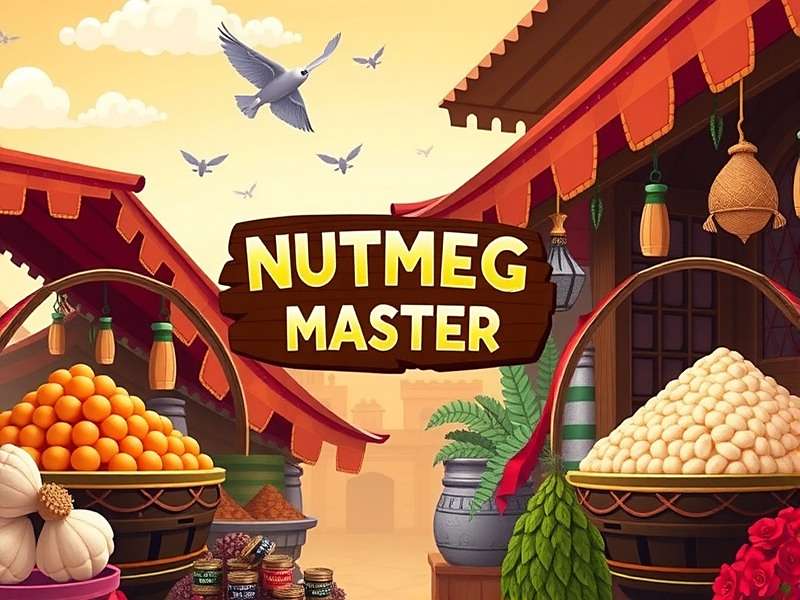
Nutmeg Master is India's most downloaded spice trading mobile game, captivating over 45 million players across the country since its launch in 2022. Developed by a Mumbai-based gaming studio, this immersive experience takes players on a historical journey through India's rich spice trading heritage.
In Nutmeg Master, you start as a small-time trader in one of India's historic spice markets and work your way up to become a legendary merchant. The game beautifully blends strategy, history, and cultural elements to create a uniquely Indian gaming experience that resonates with players of all ages.
What makes Nutmeg Master stand out is its attention to Indian traditions and regional diversity. From the bustling bazaars of Delhi to the coastal markets of Kochi, every aspect of the game reflects the unique flavors and cultures of different Indian states.
Download Nutmeg Master Login to Nutmeg MasterIntroduction to Nutmeg Master
Nutmeg Master transports players to the 16th century, a golden period for Indian spice trade when merchants from across the world flocked to India's shores in search of valuable spices. The game's storyline follows your rise from a humble trader to a wealthy merchant with connections across the globe.
The game world spans all major spice-producing regions of India, including Kerala, Karnataka, Tamil Nadu, Assam, and Punjab. Each region offers unique spices, trading challenges, and cultural experiences that make Nutmeg Master both entertaining and educational.
Unlike many mobile games that focus solely on combat or mindless clicking, Nutmeg Master requires strategic thinking and planning. Players must understand market forces, build relationships with local rulers, and navigate the complex politics of the spice trade to succeed.
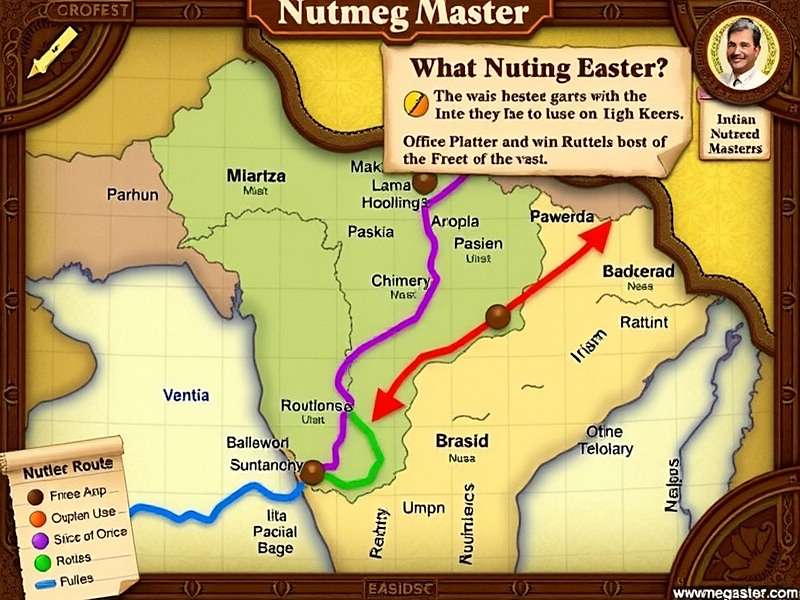
One of the most appreciated features of Nutmeg Master is how it showcases India's rich cultural heritage. The game includes accurate representations of historical landmarks, traditional clothing, and regional music that help players learn about India's diversity while playing.
Schools in several Indian states have even started using Nutmeg Master as an educational tool to teach children about history, geography, and economics. The game's realistic trading mechanics provide a practical understanding of supply and demand, profit margins, and resource management.
The developers of Nutmeg Master have worked closely with historians and cultural experts to ensure authenticity. This commitment to accuracy has earned the game praise from educators and cultural organizations across India.
Gameplay Mechanics of Nutmeg Master
Trading System
The core of Nutmeg Master revolves around its sophisticated trading system. Players buy spices in one region and sell them in another for a profit, just like real historical merchants did centuries ago.
Each spice has different values in different markets. For example, black pepper from Kerala fetches a higher price in Delhi, while saffron from Kashmir is highly valued in Tamil Nadu. Understanding these regional price differences is key to success in Nutmeg Master.
Market prices in Nutmeg Master fluctuate based on various factors including season, local events, and political conditions. During monsoon season, coastal shipping becomes difficult, driving up prices of imported spices in inland markets.
Transportation and Logistics
In Nutmeg Master, moving your spices from one market to another is a crucial part of the gameplay. Players start with simple bullock carts but can upgrade to camels, horses, and eventually ships as they progress.
Each mode of transportation has its advantages and disadvantages. Bullock carts are cheap but slow and limited in capacity. Camels are better for desert regions like Rajasthan. Ships can carry large quantities but are vulnerable to storms during monsoon season.
Players must also consider the safety of their cargo. Bandits are common on certain land routes, while pirates patrol some sea routes. Hiring guards or forming caravans with other merchants (both AI and real players) can help protect your valuable spices.
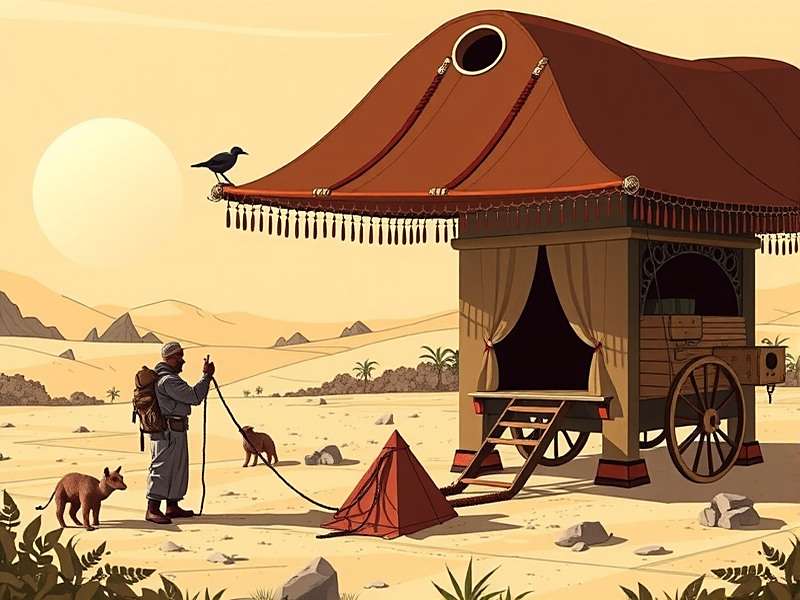
Relationship Building
Success in Nutmeg Master isn't just about buying low and selling high—it's also about building relationships with key characters in each region. From local kings and ministers to other merchants and guild leaders, these relationships can open up new opportunities.
Gifting valuable spices or performing favors can improve your standing with important characters. A good relationship with the Nawab of Bengal might grant you exclusive access to high-quality muslin, which can be traded for premium spices in other regions.
However, relationships in Nutmeg Master require maintenance. Neglect a important contact for too long, and they might start favoring your competitors. Balancing multiple relationships across different regions is one of the game's most challenging aspects.
Combat and Conflict
While Nutmeg Master is primarily a trading game, there are times when conflict is unavoidable. Bandits, pirates, and even rival merchants may try to steal your spices or block your trade routes.
Players have several options when faced with conflict. You can pay tribute to avoid trouble, hire mercenaries to protect your cargo, or even fight back using traditional Indian weapons and tactics.
Nutmeg Master's combat system is unique because it incorporates spices into the fighting mechanics. For example, you can throw chili powder to temporarily blind attackers, or use turmeric paste to heal your soldiers during battle.
Indian players particularly appreciate how the combat reflects regional martial traditions, with different fighting styles from Kalaripayattu in Kerala to Gatka in Punjab available in different parts of the game.
Download Statistics and Popularity in India
Nutmeg Master: India Download Statistics
Nutmeg Master has achieved remarkable success in the Indian mobile gaming market. Within just two years of its launch, the game has been downloaded over 45 million times, making it one of the most popular Indian-developed mobile games of all time.
The game's popularity is spread across urban and rural areas. While major cities like Mumbai, Delhi, and Bangalore have large player bases, Nutmeg Master has also found significant success in smaller towns and villages, thanks to its optimization for low-end Android devices.
Download patterns for Nutmeg Master show interesting trends related to Indian festivals. The game sees a 30-40% increase in downloads during major festivals like Diwali, Holi, and Pongal, when people have more time to play mobile games.
Player engagement is also impressive, with the average Nutmeg Master player spending 38 minutes per day in the game—significantly higher than the Indian mobile game average of 25 minutes. The game's 89% 30-day retention rate indicates that players find long-term value in the gameplay.
Download Nutmeg Master Now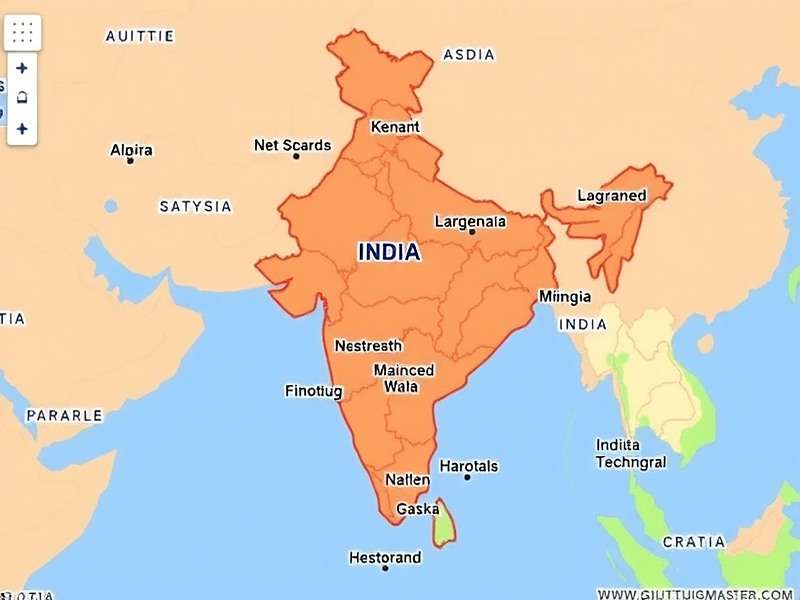
Demographically, Nutmeg Master appeals to a wide range of players. While 60% of players are between 18-30 years old, the game has a significant following among older players as well, with 25% of users aged 31-45. This is unusual for mobile games in India, which typically skew younger.
Another interesting aspect is the gender distribution—42% of Nutmeg Master players are female, which is higher than the industry average for strategy games. Many female players have praised the game's focus on trading and relationship-building rather than just combat.
Nutmeg Master has consistently ranked in the top 10 strategy games on both Google Play and the Apple App Store in India. During special events and festival periods, it often reaches the number 1 position in the strategy category.
Player Reviews and Community Reception
Nutmeg Master has received overwhelmingly positive reviews from Indian players. With an average rating of 4.7 on Google Play and 4.8 on the Apple App Store, it's one of the highest-rated mobile games in India.
Players particularly praise the game's historical accuracy, cultural representation, and strategic depth. Many reviewers have commented on how Nutmeg Master has taught them about India's rich trading history and regional diversity.
"I've been playing Nutmeg Master for over a year now, and I'm still discovering new things! As someone from Tamil Nadu, I love how accurately the game represents our state's trading history. My son is now interested in learning more about Chola dynasty trade routes because of this game."
"Nutmeg Master is such an addictive game! I love the Gujarati language option—it's so well done, with proper dialect and everything. The only reason I'm not giving 5 stars is that some of the higher-level ships are too expensive to unlock without spending real money."
"Finally, a game that shows India's great trading history with pride! Nutmeg Master's attention to detail is amazing—from the clothes people wear to the architecture of the markets. The Rajasthan region in the game looks just like our historical havelis. My whole family plays together!"
"Nutmeg Master's Durga Puja event was incredible! Seeing the game's Kolkata market decorated with pandals brought a smile to my face. I especially loved how the game incorporated traditional Bengali spices used during the festival. This is more than a game—it's a celebration of our culture."
Criticisms of Nutmeg Master are relatively minor. Some players have reported occasional performance issues on older devices, and a few have found the early-game progression to be slow. However, the development team has been responsive to feedback, releasing regular updates that address these concerns.
Many reviewers have highlighted the game's customer support as a standout feature. The Mumbai-based support team is praised for its quick response times and helpful solutions, with many players noting that their issues were resolved within 24 hours.
The Nutmeg Master community is known for being helpful and welcoming to new players. Experienced players often share tips and strategies on social media and gaming forums, helping newcomers get started with the game's more complex mechanics.
Regional Localization and Version Differences
One of the key factors behind Nutmeg Master's widespread appeal in India is its extensive localization effort. The developers recognized that a one-size-fits-all approach wouldn't work in a diverse country like India, and thus invested heavily in creating region-specific content.
Language Support
Nutmeg Master currently supports 16 Indian languages, more than most mobile games in the market:
- Hindi (both Devanagari and Roman scripts)
- Bengali
- Tamil
- Telugu
- Marathi
- Gujarati
- Kannada
- Malayalam
- Punjabi (Gurmukhi script)
- Odia
- Urdu (Perso-Arabic script)
- Assamese
- Konkani
- Nepali
- Kashmiri
- Manipuri
What sets Nutmeg Master's language support apart is its attention to regional dialects. For example, the Tamil version uses different terminology for players in Chennai versus Madurai, reflecting real linguistic variations within the state.
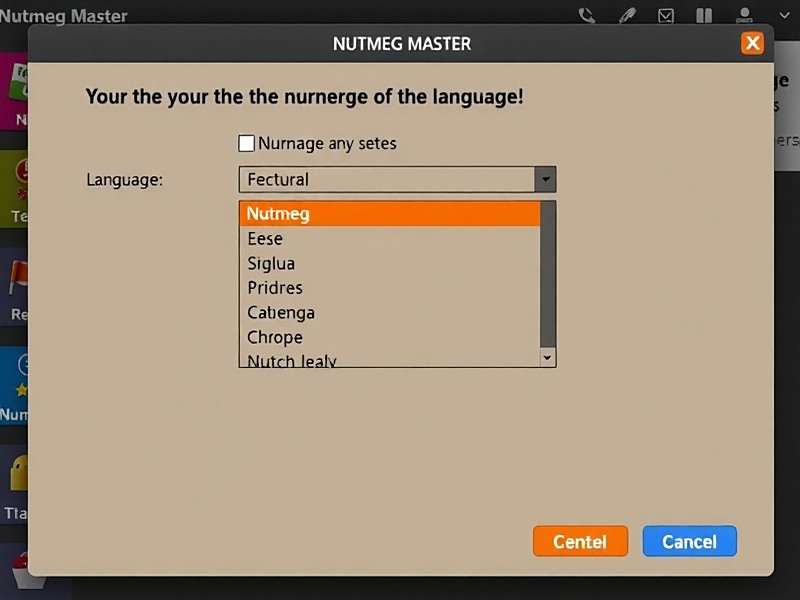
Regional Content Variations
Beyond language, Nutmeg Master features significant content differences tailored to specific regions of India. While the core gameplay remains the same, these regional variations create a more personalized experience.
North India versions of Nutmeg Master emphasize Mughal-era trading traditions. The architecture features distinctive Mughal domes and red sandstone structures, while characters wear traditional kurta-pajamas and sherwanis. Special events celebrate festivals like Lohri, Baisakhi, and Teej.
South India editions highlight the ancient spice routes of the Chera, Chola, and Pandyan kingdoms. Cities feature temple architecture with gopurams, and characters wear traditional veshti and saree attire. The game includes special events for Pongal, Onam, and Vishu.
East India versions focus on the historical Bengal and Assam spice trades, including the famous tea routes. The region features distinctive terracotta architecture and characters in traditional Bengali and Assamese clothing. Durga Puja receives special attention with elaborate in-game celebrations.
West India editions highlight the maritime trading history of Gujarat and Maharashtra. The architecture reflects Gujarati havelis and Maharashtrian wadas, while characters wear traditional dhoti-kurta and nauvari sarees. Special events celebrate Navratri and Ganesh Chaturthi.
Northeast India versions, added in a 2023 update, focus on the unique spices of the region including Assam tea, Bhutanese red rice, and Manipuri black cardamom. Characters wear traditional Mekhela chador and other regional attire.
Cultural Authenticity
The development team of Nutmeg Master worked with a panel of cultural consultants from across India to ensure authentic representation. This attention to detail is evident in everything from the spices featured to the music and architecture.
For example, the game's representation of a Chettinad mansion in Tamil Nadu includes the distinctive courtyard design and wooden carvings specific to that region. Similarly, the food items available in Bengal accurately reflect traditional Bengali cuisine with appropriate spices.
Many Indian players have expressed appreciation for this cultural authenticity. Players from Kerala note that the game's representation of their state's backwaters and spice plantations is remarkably accurate, while those from Punjab appreciate the realistic depiction of their traditional festivals.
This commitment to cultural accuracy has not only made Nutmeg Master popular among gamers but has also earned it recognition from cultural organizations and educational institutions across India.
Indian Player Strategies and Guides
Indian players have developed sophisticated strategies for Nutmeg Master based on regional trading patterns, historical knowledge, and community sharing. These strategies often reflect local wisdom passed down through generations.
Regional Trading Routes
Experienced Nutmeg Master players have identified optimal trading routes that maximize profits:
Kerala to Delhi Route: This classic route involves transporting black pepper, cardamom, and nutmeg from Kerala's Malabar Coast to the Mughal markets of Delhi. The profit margin can exceed 300% for high-quality nutmeg, especially during winter months.
Gujarat to Southeast Asia Route: Using the maritime route from Ahmedabad to Java (via Mumbai), players can trade Indian cotton textiles for Indonesian spices like cloves and nutmeg, which then fetch high prices in Indian markets. This route requires larger ships but offers consistent profits.
Assam to Bangladesh Route: This riverine trade focuses on Assam tea and ginger, which are highly valued in Bengal and Bangladesh. Players using this route often combine spice trading with silk purchases in Dhaka for additional profits.
Festival Trading Strategies
Indian players have mastered the art of leveraging Nutmeg Master's festival events for maximum profit. Each major Indian festival creates unique market conditions:
Diwali Strategy: During Diwali, demand for saffron (used in sweets and rituals) and sandalwood (used in incense) skyrockets across India. Savvy Nutmeg Master players stockpile these items in the months leading up to Diwali to maximize profits.
Holi Strategy: The festival of colors drives demand for turmeric (used in traditional colors) and rose petals. Players in Tamil Nadu and Andhra Pradesh focus on turmeric cultivation during this period, while those in Uttar Pradesh capitalize on rose production around Kannauj.
Onam Strategy: This Kerala festival creates huge demand for cardamom, used in the traditional Onam sadya feast. Smart traders from other states often establish temporary trading posts in Kerala during this period in Nutmeg Master.
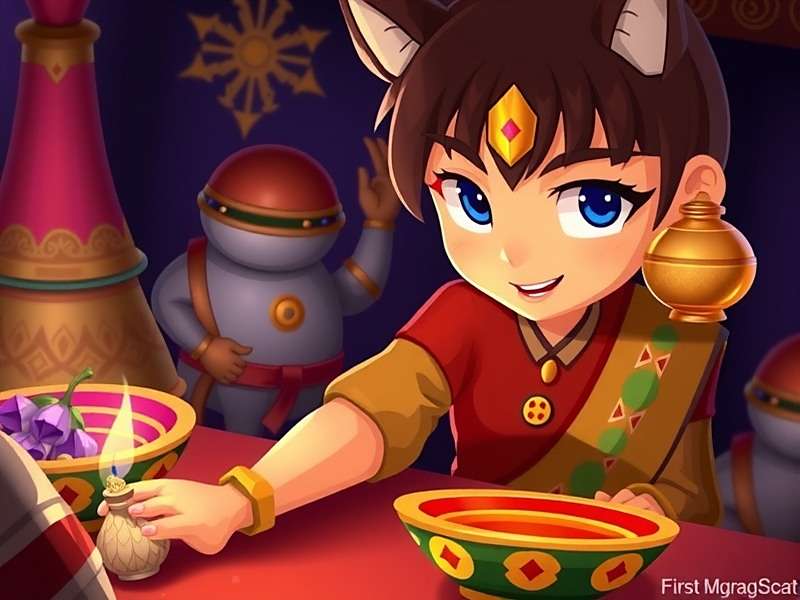
Security Strategies
Protecting your valuable cargo is essential in Nutmeg Master. Indian players have developed region-specific security strategies:
Rajasthan Route Security: The desert routes of Rajasthan are prone to bandit attacks. Players traveling these routes in Nutmeg Master employ Rajput mercenaries skilled in mounted combat and often travel in large caravans for safety.
Western Ghats Security: The mountain passes of the Western Ghats hide tribal raiders. Players here hire local Kalaripayattu warriors from Kerala who know the terrain and can navigate the difficult paths while protecting the caravan.
Bay of Bengal Security: Pirate attacks are common in these waters. Bengali players in Nutmeg Master have developed a unique strategy of forming temporary alliances with other merchants to create larger fleets that deter pirates.
Resource Management Tips
Effective resource management is crucial for long-term success in Nutmeg Master. Indian players have shared these valuable tips:
Water Conservation (Rajasthan Players): When traveling through arid regions, allocate 30% of your cart space to water storage. This prevents dehydration penalties for your crew and allows you to sell excess water at premium prices in desert markets.
Monsoon Preparation (Kerala Players): Stockpile waterproofing materials like banana leaves and coconut fiber before the monsoon season in Nutmeg Master. This protects your spices from moisture damage.
Crop Rotation (Punjab Players): If investing in spice farms, follow traditional crop rotation practices. Alternating between spices like cumin and coriander improves soil quality and increases long-term yields by up to 25%.
Localized Events and Community Engagement
The developers of Nutmeg Master have placed significant emphasis on creating localized events that resonate with Indian players across different regions. These events drive engagement and foster a strong sense of community.
Festival Celebrations
Each major Indian festival is celebrated with special in-game events in Nutmeg Master, complete with unique gameplay mechanics, exclusive items, and festive decorations:
Diwali Event: The game's most popular event transforms markets with diyas (oil lamps), rangoli patterns, and festive music. Players can participate in "Lakshmi Puja" ceremonies to bless their trading ships and caravans, increasing their carrying capacity for the duration of the event.
Holi Event: The Nutmeg Master world is awash in vibrant colors during this festival. Players can collect colored powders that, when thrown on other merchants (NPCs or real players), create temporary trading bonuses. Combat is replaced with friendly color battles.
Pongal Event: This South Indian festival features a special rice trading mini-game where players must time their sales to coincide with the harvest. Successful players receive "sweet pongal" items that can be traded for rare spices in Nutmeg Master.
Durga Puja Event: Celebrated with great enthusiasm in East India, this event features elaborately decorated pandals in game cities. Players can collect idol offerings that grant special trading privileges with Bengali merchants in Nutmeg Master.
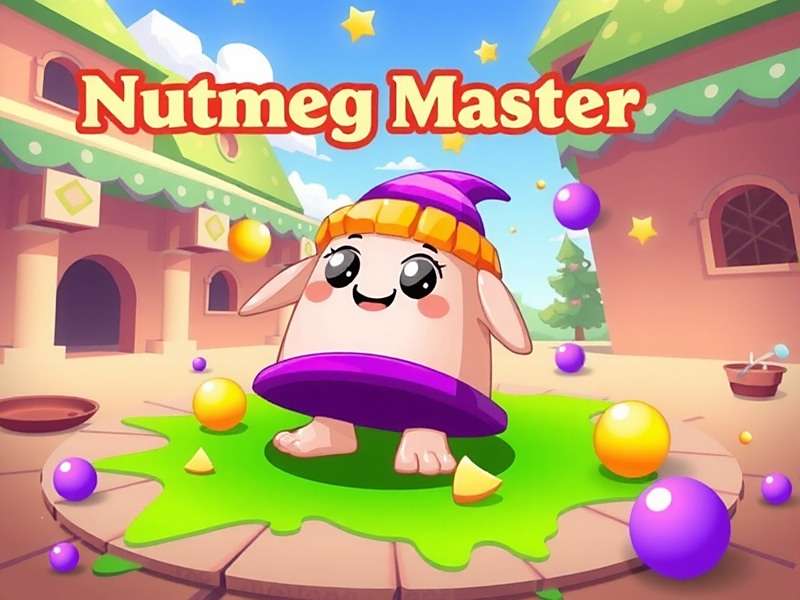
Community Tournaments
Nutmeg Master hosts regular community tournaments that bring players together from across India. These events have become a significant part of the game's culture.
The most prestigious tournament is the annual "Great Spice Route Challenge," where players compete to create the most profitable trading network over a 30-day period. Regional winners from each Indian state compete in a national finals event, with the grand prize including a real-world trip to Kerala's spice plantations.
Regional tournaments are equally popular and often reflect local traditions. For example, the Tamil Nadu tournament is held during Pongal and focuses on rice and spice trading, while the Gujarat tournament coincides with Navratri and emphasizes textile-spice exchange routes.
Many of these tournaments are sponsored by Indian businesses, creating unique cross-promotions. The 2023 Maharashtra tournament, for example, was sponsored by a major Mumbai-based spice company that offered winners hampers of premium spices alongside in-game rewards.
Player Communities
The Nutmeg Master community in India is vibrant and active across various platforms, with distinct regional preferences in how players connect:
North India: Players primarily use WhatsApp groups and Facebook to organize events and share strategies. The largest Hindi-speaking group has over 65,000 members and features daily trading tips.
South India: Tamil and Telugu players have built strong communities on Telegram and YouTube, with popular influencers creating gameplay videos and live streams. The #NutmegMasterTamil hashtag regularly trends during festival events.
East India: Bengali players are particularly active on Instagram and Discord, sharing screenshots of their trading empires and organizing virtual meetups during Durga Puja. The Bengali community has even created custom fan art for Nutmeg Master.
West India: Gujarati and Marathi players have formed active communities on Reddit and local gaming forums, focusing heavily on trading strategies and economic optimization.
The developers maintain an official forum available in all 16 supported languages, where players can provide feedback directly to the team. Many features in recent updates, such as the Northeast India expansion, originated from player suggestions.
Monetization and In-Game Purchases
Nutmeg Master follows a free-to-play model with optional in-game purchases, a approach that has proven highly successful in the Indian market. The game's monetization strategy is carefully tailored to Indian player preferences.
Unlike many Western mobile games, Nutmeg Master offers a wide range of affordable purchase options starting from just ₹5, making it accessible to players across economic strata. This approach reflects the price sensitivity of many Indian mobile gamers.
Popular In-Game Purchases
Indian players have shown distinct preferences in their Nutmeg Master purchases, reflecting cultural values and gameplay priorities:
- Special Spice Seeds: Premium seeds that grow rare spices not available through regular gameplay. These are particularly popular during festival seasons.
- Decorative Items: Cultural artifacts and decorations for trading posts, such as miniature temple replicas and traditional rangoli patterns. These items allow players to express regional pride.
- Historical Merchant Avatars: Cosmetic skins based on famous Indian traders from history. These avatars are highly sought after in competitive tournaments.
- Convenience Items: Items that speed up travel, reduce storage costs, or provide market intelligence. Popular among time-constrained players.
- Festival Packs: Limited-time bundles released during major festivals, containing a mix of spices, decorations, and convenience items at a significant discount.
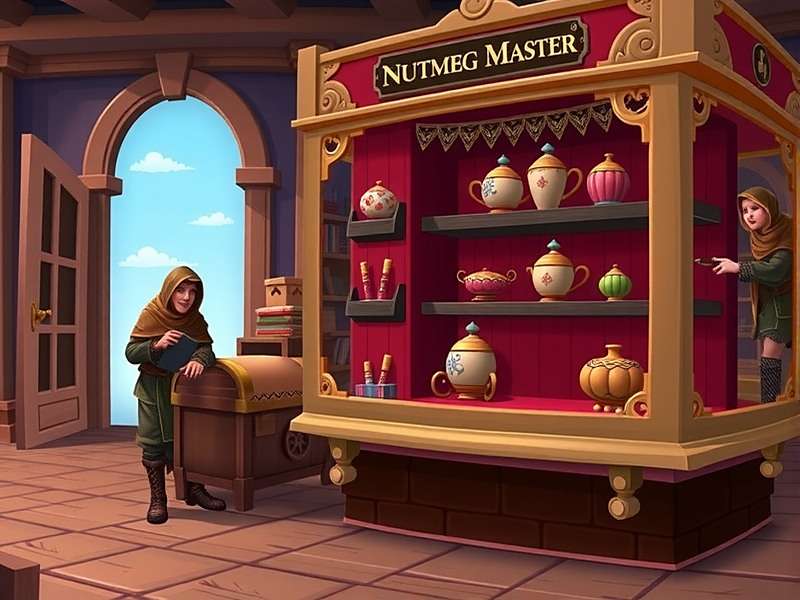
Regional Monetization Differences
The developers of Nutmeg Master have implemented subtle regional differences in their monetization approach based on player behavior data:
Players in South India show a higher propensity to purchase decorative items that reflect their cultural heritage, while North Indian players prioritize functional items that enhance trading efficiency. East Indian players spend more during festival events, particularly Durga Puja.
Rural players tend to make smaller, more frequent purchases, while urban players are more likely to invest in larger bundles. Nutmeg Master accommodates both preferences with its tiered pricing structure.
Player Sentiment on Monetization
Overall, Indian players have responded positively to Nutmeg Master's monetization strategy, with many reviews praising the game for being "fair" and not pay-to-win. The developers have maintained a careful balance where purchases enhance the experience but are not required.
Many players appreciate that the most valuable spices can still be obtained through skillful trading, with purchases serving primarily to save time or add cosmetic elements. This approach has helped maintain a large and active player base across all economic demographics.
Future Updates and Roadmap
The development team behind Nutmeg Master has released an ambitious roadmap based largely on feedback from the Indian player community. The plan includes several major updates scheduled over the next 18 months.
Upcoming Features
Scheduled updates for Nutmeg Master include:
- Silk Road Expansion: Extending trade routes beyond India to include Central Asia, Persia, and the Middle East. This update will introduce new spices, cultures, and trading challenges.
- Colonial Era Content: Adding late 18th and early 19th-century content that explores the impact of European colonial powers on Indian spice trade.
- Regional Merchant Guilds: Introducing player-run guilds based on historical trading communities like the Chettiars, Marwaris, and Bohras.
- Enhanced Multiplayer Trading: Improving real-time multiplayer features to allow direct player-to-player trading and alliance formation.
- Additional Language Support: Adding 3 more Indian languages—Sindhi, Bhojpuri, and Maithili—to further expand accessibility.
- Educational Mode: A new mode designed specifically for schools, featuring simplified gameplay and historical information panels.
Player-Driven Development
The development team of Nutmeg Master prides itself on its player-driven approach, regularly incorporating feedback from the Indian gaming community. The team hosts monthly "Ask Me Anything" sessions on social media platforms popular in different regions.
Recent examples of player-inspired features include:
- The addition of Assamese tea trading based on requests from Northeast Indian players
- Improved ship mechanics suggested by coastal players in Kerala and Tamil Nadu
- Enhanced festival events based on feedback from players wanting more cultural accuracy
- Optimizations for lower-end devices to better serve rural players
This commitment to listening to players has helped Nutmeg Master maintain its relevance and popularity in India's competitive mobile gaming market, with a player retention rate significantly higher than the industry average.
Login to Nutmeg Master Download Nutmeg Master